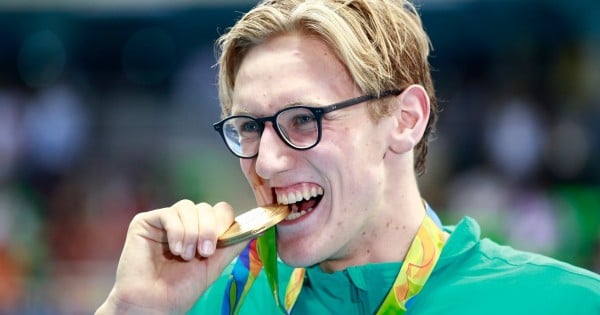
Faster. Stronger. Better.
Get up the next day and repeat.
Faster. Stronger. Better.
Repeat for years. And years.
Training. Diet. Coaching. Workshops. Physios. Doctors. Psychologists. Meets. Nutritionists. Injury. Recovery. Start again. Do and dream.
And the dream of so many elite athletes? To win gold at The Olympic Games.
Leisel Jones talks to Mia Freedman about the pressure of winning at the Olympics:
Imagine the pressure. Imagine the body being trained day in and day out to achieve one thing – a particular number in a 200M freestyle race that is simply a failure if it falls .03 seconds short, or a score out of 10 in the gymnastics that just won’t do if you are .1 points behind a competitor.

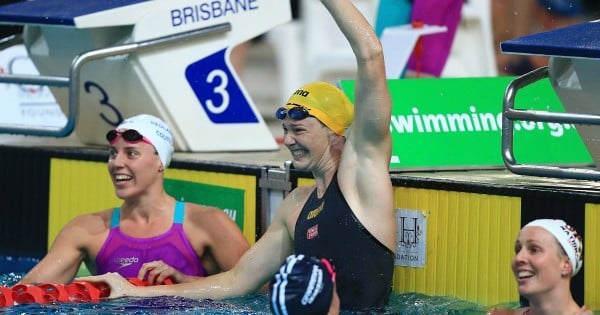
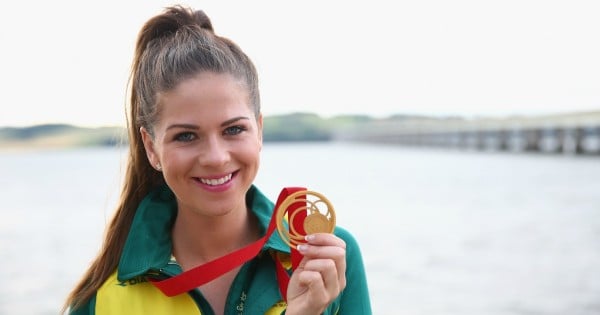
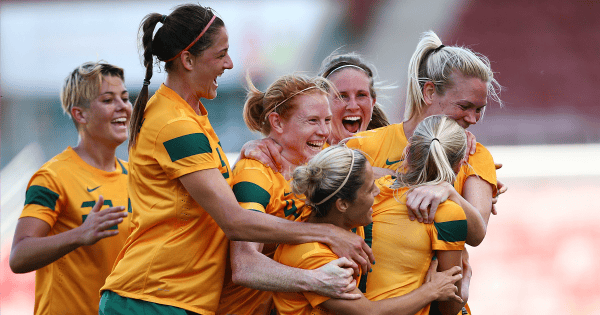
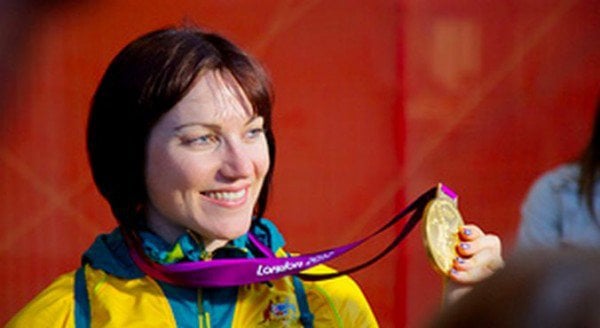
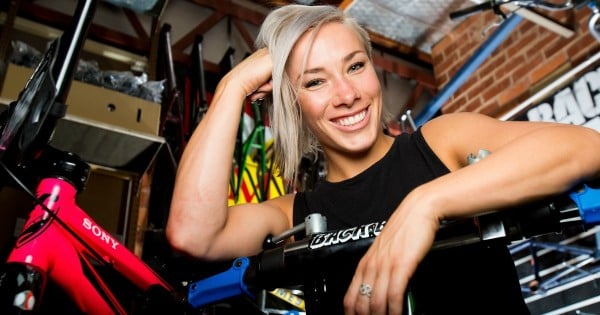
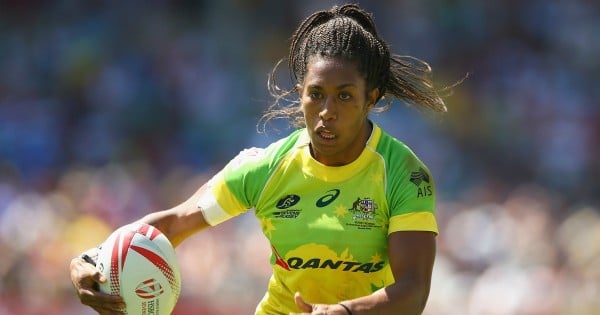
Top Comments
I think a lot of it is the expectations going into it. If the whole country expects you to to place and you don't, then that is heartbreaking and so disappointing for them. But there would be other competitors who, knowing the competition in their sport, would never expect to win and being there is glory enough.
On the flip side of this, is some of these "losers" are ecstatic to be there, to make a final, to experience it all.